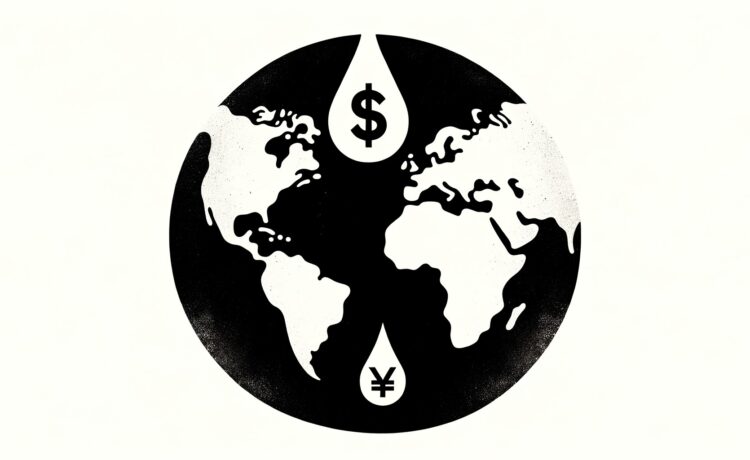What’s going on here?
The US dollar and Japanese yen surged this weekend as escalating geopolitical tensions in the Middle East triggered a market shake-up.
What does this mean?
Over the weekend, Israel and Hezbollah exchanged missiles in their biggest clash in over 10 months, fueling a spike in oil prices and a flight to safe-haven currencies like the yen, Swiss franc, and Canadian dollar. According to the executive director at Klarity FX, these tensions and rising oil prices are driving market movements. The US dollar index climbed 0.2% to 100.84, despite hitting an eight-month low earlier. Meanwhile, Jerome Powell’s speech in Jackson Hole hinted at potential rate cuts, bolstering the dollar’s position. In contrast, the euro dipped 0.3% against the dollar, and other currencies like the Australian dollar and Norwegian crown also weakened.
Why should I care?
For markets: Crisis-driven currency shifts.
Rising geopolitical tensions and the resulting market reaction highlight the sensitivity of global currencies to international conflicts. The US dollar and yen, viewed as safe havens, saw gains amidst the turmoil. Investors should keep an eye on these developments as continued instability could drive further currency volatility, offering both risks and opportunities depending on the market’s direction.
The bigger picture: Global ripple effects.
Geopolitical upheavals rarely stay contained within regional boundaries. The Middle East conflict and rising oil prices demonstrate how interconnected global economies are, affecting everything from currency values to monetary policy decisions. This latest clash could influence central banks’ strategies worldwide, with the US Federal Reserve potentially considering larger rate cuts and the Bank of England adopting a more cautious approach on inflation control.

